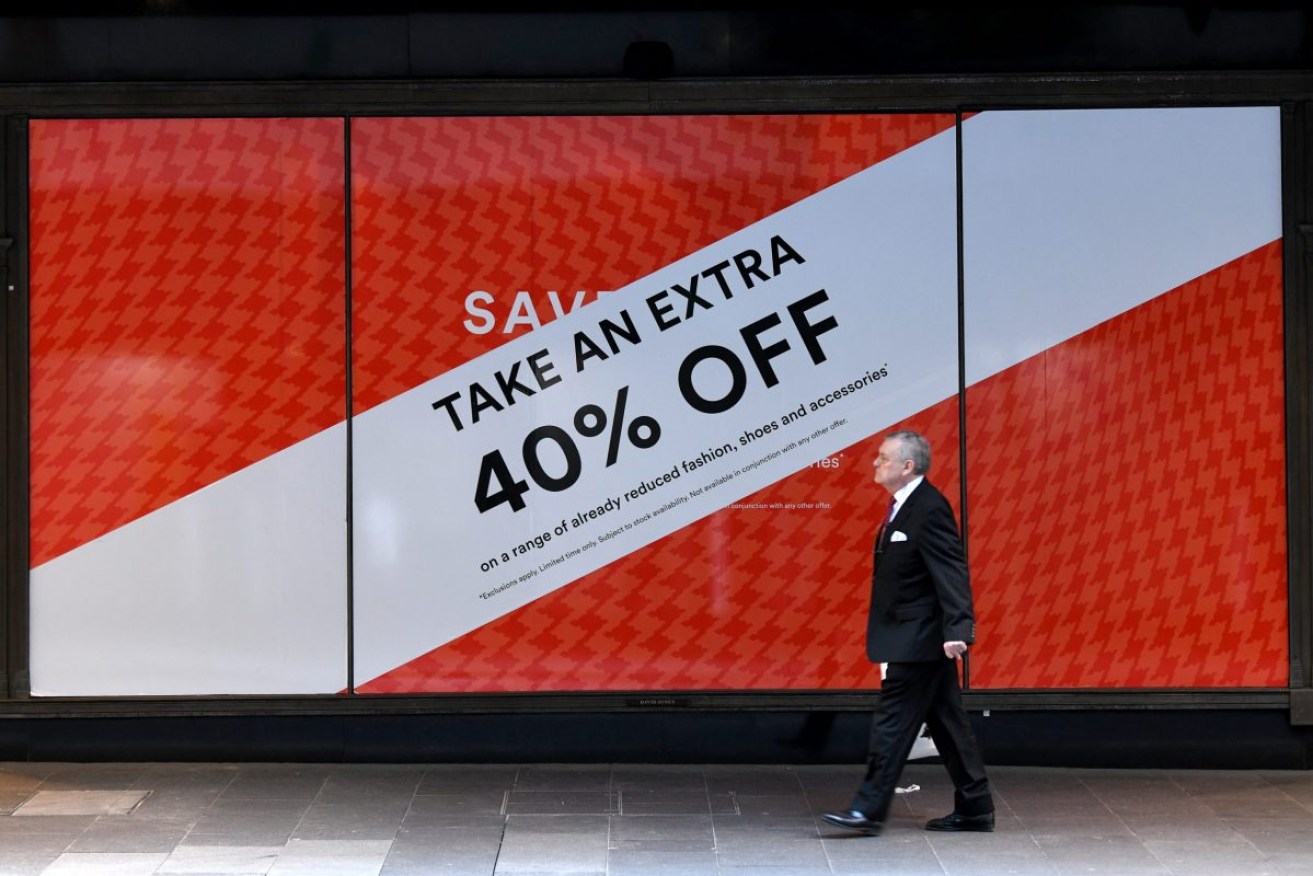‘New and growing dangers’: Buy now, pay later crackdown
More regulation will be introduced for buy now, pay later services in a move to better protect borrowers as the industry takes off.

Photo: AAP/Bianca De Marchi
Providers will need a credit licence in line with other lending services and adhere to minimum standards and hardship requirements.
They will also have to abide by certain marketing restrictions.
Financial Services Minister Stephen Jones said people were able to open numerous accounts and get into large debts far more easily with buy now, pay later services than they would with credit cards.
He used a speech at a responsible lending and borrowing summit to outline the changes.
“The plan will protect people from the spirals of harm that unregulated, unrestricted lending can cause,” Jones said on Monday.
“We have had to find a balance and we think we’ve done it.”
The services, which include providers such as Afterpay, Zip and Klarna, have created an extra $2.7 billion in revenue for Australian businesses by bringing in customers and allowing shoppers to spend more.
“But with those opportunities have come new and growing dangers to consumers, which up until now have been largely unregulated and unchecked,” the minister said.
[solstice_jwplayer mediaid=”ErRdrtKX” /]
Jones said the risks disproportionately affected women, Indigenous people and those on low incomes and ome abusive partners were weaponising the service, such as taking out debts without their partner’s knowledge.
“Other concerns raised by stakeholders included excessive fees, poor disclosure practices, problematic marketing practices, and unsolicited credit increases,” he said.
There are seven million active accounts in Australia, with the average customer using their accounts for 18 transactions a year.
The average transaction is $136.
The financial watchdog last year found one in five users showed indicators of financial stress.
Jones said ASIC’s powers would be boosted to enforce the regulation and draft legislation would be put out later this year to ensure a balanced approach.
Nationals leader David Littleproud backed the changes in principle.
“We’ll be constructive on this because this is an evolving part of capital markets … sometimes we have to move with to make sure that we protect those that are most vulnerable,” he said.
“We’ll look at the detail but in essence most of it makes sense.”
The flagged changes have been welcomed by Zip, with the regulations expected to have minimal impact on the provider.
“We have been advocating for fit-for-purpose regulation,” Zip co-founder and global chief operating officer Peter Gray said.
“We conduct ID, credit and affordability checks on our customers, so we have a good understanding of their standings.”
Gray said the government’s proposal struck a balance between protecting consumers from harm and delivering confidence to industry stakeholders without stymieing competition and innovation.
He said the service could help people budget as cost of living pressures intensified.
“We understand from many of our consumers and customers that they really do like the benefit of being able to budget and manage their lifestyle and their costs with our service.”
-with AAP




